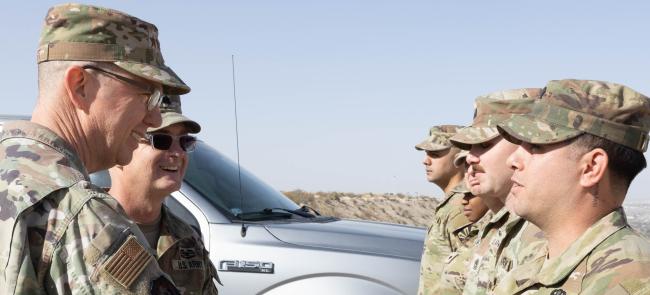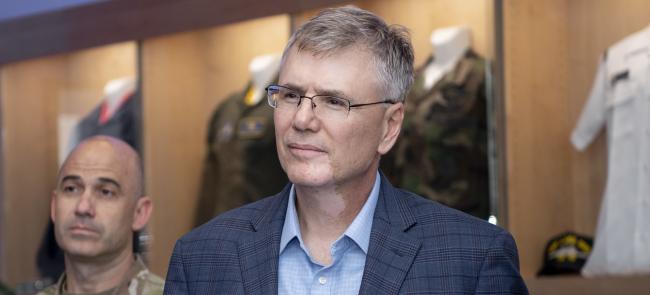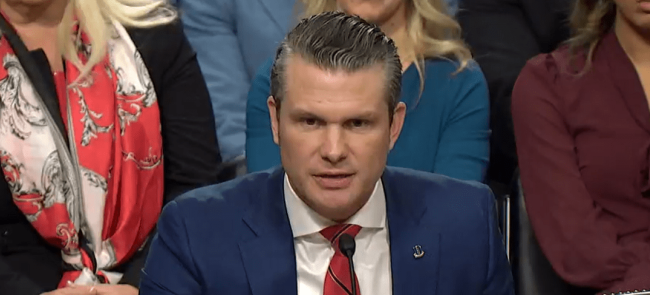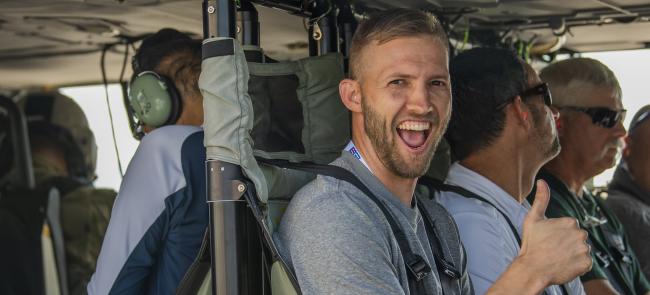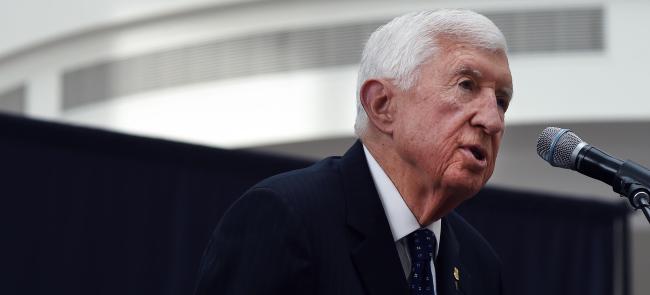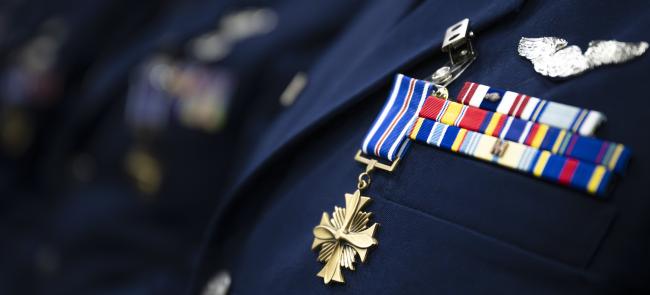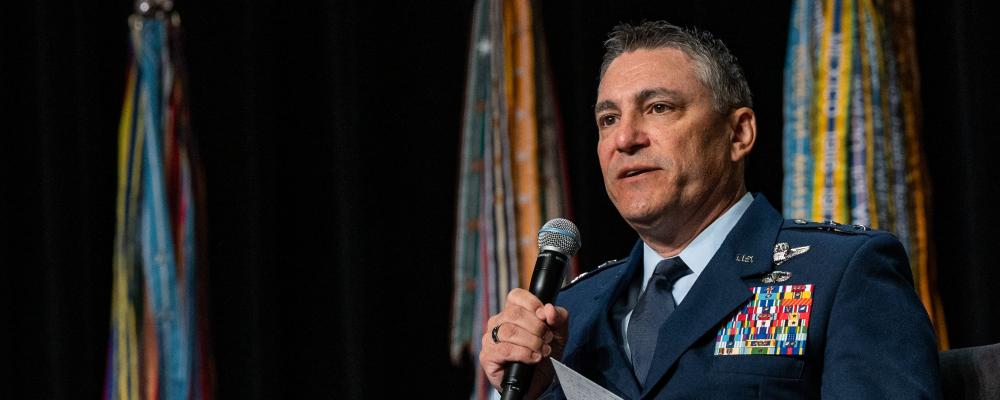
As the Department of Defense and the National Guard's State Partnership Program celebrated its 30th anniversary recently, senior leaders and officials from the U.S. and 93 of the SPP’s 100 partner nations worldwide attended a panel discussing aspirational goals for the program and a vision for the way ahead.
On July 18, panel members discussed how the SPP could expand its support of U.S. security cooperation objectives from the Geographic Combatant Commands through further implementing the 2022 National Defense Strategy’s priorities, innovatively building partner capacity and interoperability, professionalizing the security coalition workforce and increasing the readiness of U.S. and partner forces to meet emerging challenges.
"If you want to move fast, go alone, and if you want to go far, go together," said U.S. Army Maj. Gen. William Zana, the director of strategy, plans and policy at the National Guard Bureau and the panel's moderator, during the event in National Harbor, Maryland.
Zana using the African proverb emphasized how continuing to strengthen and develop enduring partnerships through the SPP reinforces the program's pivotal role in the NDS amid an increasingly complex strategic environment.
"Developments in cyber and space certainly add complexity to what was already a complex landscape," said U.S. Navy Vice Adm. Stephen "Web" Koehler, the director of strategy, plans and policy with the Pentagon Joint Staff.
The NDS pushes for breaking down barriers to innovatively working with allies and partners and accomplishing security cooperation objectives, explained Madeline Mortelmans, the principal deputy assistant secretary of defense for strategy, plans, and capabilities.
"Looking to the future, SPP can help us break down those barriers and move into new areas, evolving and growing, and meaningfully expanding our partnerships," she said. "This isn't just about creating new partnerships, it's about thinking about new ways to work together to enhance our shared security."
Mortelmans discussed numerous growth opportunities for the SPP, including space, cyber, climate change, global health concerns, human rights protections and leveraging the Guard's uniqueness to reduce potential conflicts and strengthen national resilience amidst growing threats targeting domestic critical infrastructure and populations.
Growing "stronger together" was a unified emphasis of the panel, as was supporting the SPP's continued evolution from traditional military-to-military bilateral engagements to broader whole-of-government and whole-of-nation multilateral activities.
"We need to look more toward multilateral engagements, in addition to bilateral engagements, and that will help us expand partnerships to whole-of-nation partnerships, which will be hugely beneficial in the future," said U.S. Air Force Maj. Gen. Paul Knapp, the adjutant general of the Wisconsin Guard (pictured above).
Knapp explained greater synchronization of SPP events and processes across the combatant commands will contribute to more productive engagements and a more predictable funding model.
"The more that we can keep the process and procedure consistent across all of our partnerships, the better we'll be able to tell our story when we're asking for money or going to Congress for new programs or funding," he said.
With 88 enduring, cost-effective partnerships accounting for more than 50% of countries worldwide, Knapp emphasized the importance of acquiring additional force structure to effectively manage and support SPP partnerships.
Another key topic panel members discussed was professionalizing the security cooperation workforce and standardizing training to ensure there is a full complement of personnel supporting the combatant commands among embassy staff and directly with SPP partners.
"When we think about security cooperation, we need to make sure we're getting the right people in the right places with the right training and education," said Dr. Celeste Gventer, the president of Defense Security Cooperation University.
Gventer said that by closely collaborating, SPP partners gain a mutual understanding of one another's unique values and challenges, enabling them to provide real solutions.
Zana argued the partnerships forged through the SPP build capability, shared understanding, readiness for U.S. and partner forces and, most importantly and irreplaceably, trust.
"You cannot surge trust in crisis," Koehler noted. "When the crisis comes [and] the trust is already built, you will succeed.
"So this is one way SPP can continue to help us all by providing all these regional partnerships and the ability to combat all of these very difficult, worldwide problem sets together," he finished.
— By Tech. Sgt. Sarah McClanahan

